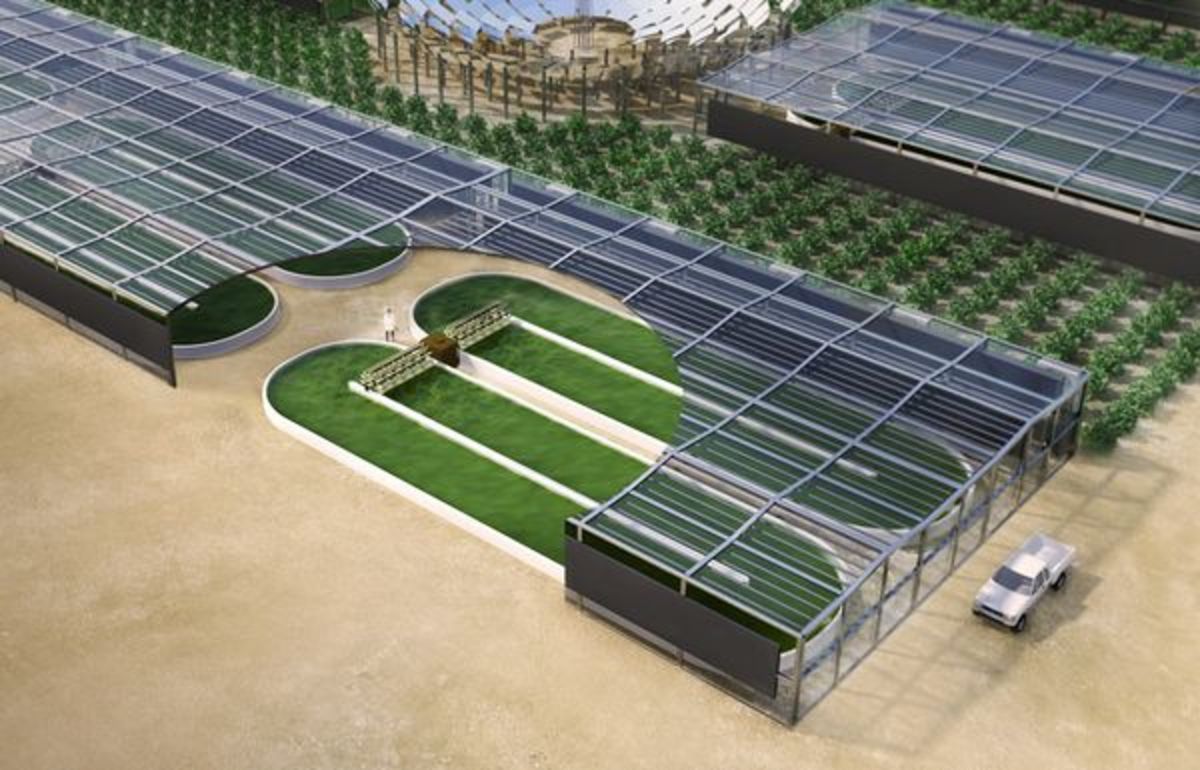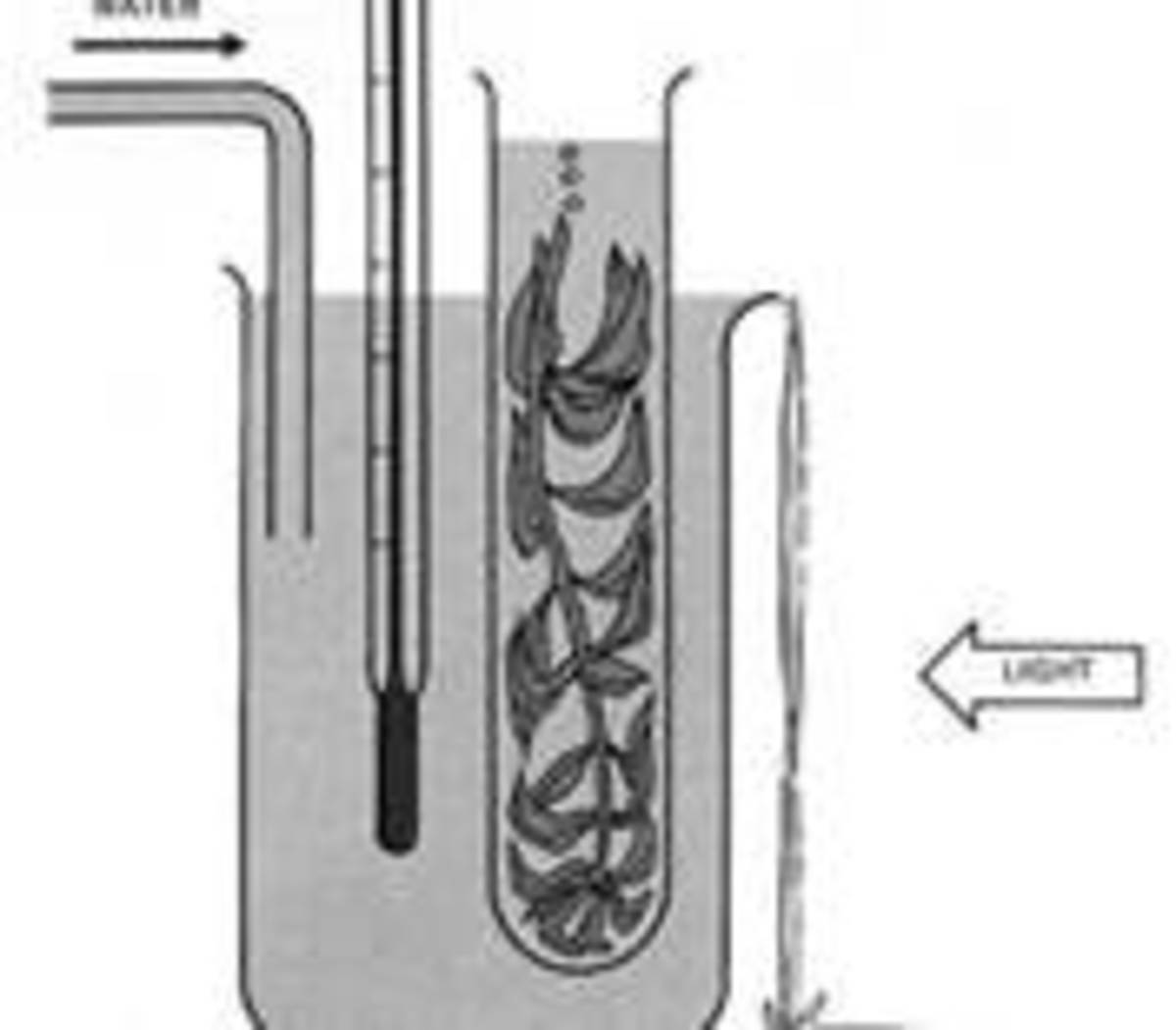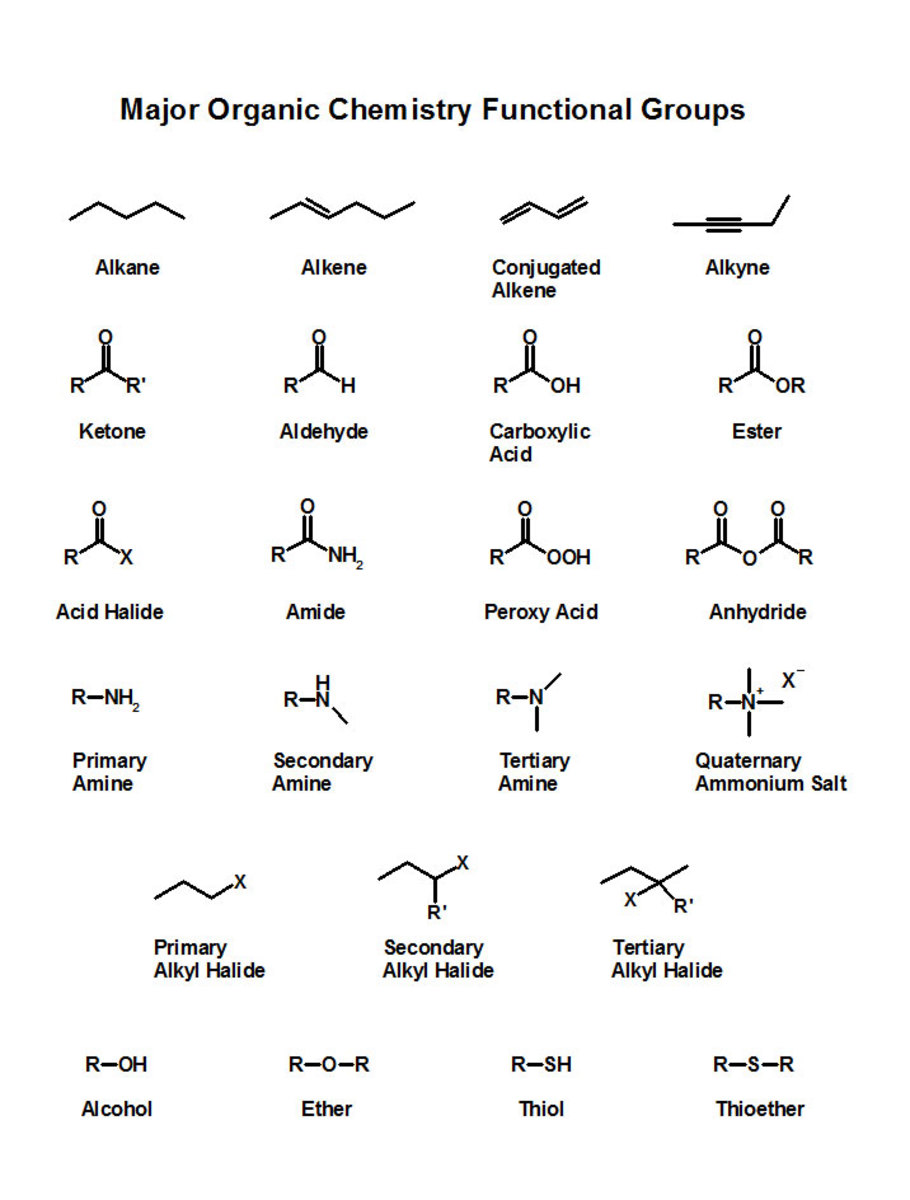What is Biofuel

Biofuels are combustible fuels produced from biomass. These fuels are generally in the form of alcohols, esters, ethers and other chemicals produced from biomass.
The biofuels are used in transportation as well as electrification. Biofuels are emerging alternative and renewable fuels. Today developed and developing nations are promoting biofuel production and consumption.
Types of Biofuels
There are two types of biofuels. They are;
- Biodiesel
- Bioethanol
The methyl or ethyl ester generated by the transesterification reaction on the oil extracted from the seed oil of plants like jatropha and pongamia is called suitability of the plants.
Both jatropha curcas and pongamia pinnata can be raised on marginal and waste lands. These plants are very hardy, drought resistant and require very little maintenance. Jatropha is highly pest resistant, its leaves can be used as green manure and plant also has many medicinal plants value. Pongamia is a legume and hence its cultivation in the base lands increases the nitrogen content of the soil, there by resulting in the reclamation of soil.
Jatropha starts production in 4th or 5th year and has a lifespan of 45 to 50 years. On the other hand pongamia started production in 7th or 8th Year and has same life span. Almost 90% of oil extracted from the seeds of jatropha.
Production of Biodiesel
Biodiesel is produced by the process of transesterification. This involves heating the jatropa or pongamia seed oil with Methyl alcohol or ethyl alcohol to produce methyl or ethyl ester. Such an ester is biodiesel and can be used either in blending with petrol, diesel or in its completely pure form.
Production of Bioethanol
The ethanol obtained from biomass is bioethanol. Production of bioethanol requires any sugar based biomass like starch of maize, barley, cellulose of wood and even sucrose of sugarcane. Maize is the source of biofuels in Britain and America.
Bioethanol is produced by the formation of the cane juice using yeast. This process generally involves sterilization of the cane juice in the fermenter, its inoculation with yeast incubation and recovers.
During incubation yeast converts the sucrose into alcohol in the following two reactions;


The bioethanol can be used by blending with petrol. In Britain and America, bioethanol is used in elo blend (90% Petrol and 10% ethanol).
Uses of Biofuels
- Biofuels are the renewable fuels which help in increasing the energy security of the country.
- Production and utilization of biofuels will decrease the demand for crude oil imports to some extent.
- Biofuels can be developed to meet energy needs of the rural area as it can be developed to meet energy needs of directly used in farm, tractors and pump sets.
- Cultivation of biofuel crops in the wastelands lead to their reclamation further the growth of pongamia increases the nitrogen content of the Soil.
- Bioethanol is transparent to non-toxic fuel, that burns completely and releases very less carbondioxide compared to petrol.
- Raising biofuel crops also leads to afforestration in a country like India.
- The biofuels can also be used in electricity production.
Recommended Books
Limitations of Biofuels
- The oil extracted from jatropha and pongamia if used directly without any chemical modification results in excessive air pollution.
- Any policy to encourage the biofuel crops results in short decline in food production in countries like India and China. United Nations warned India and China in their adaption of biofuel policies.
- Biodiesel may start to solidify at 4 – 5 °C leading to cold weather starting problem.









